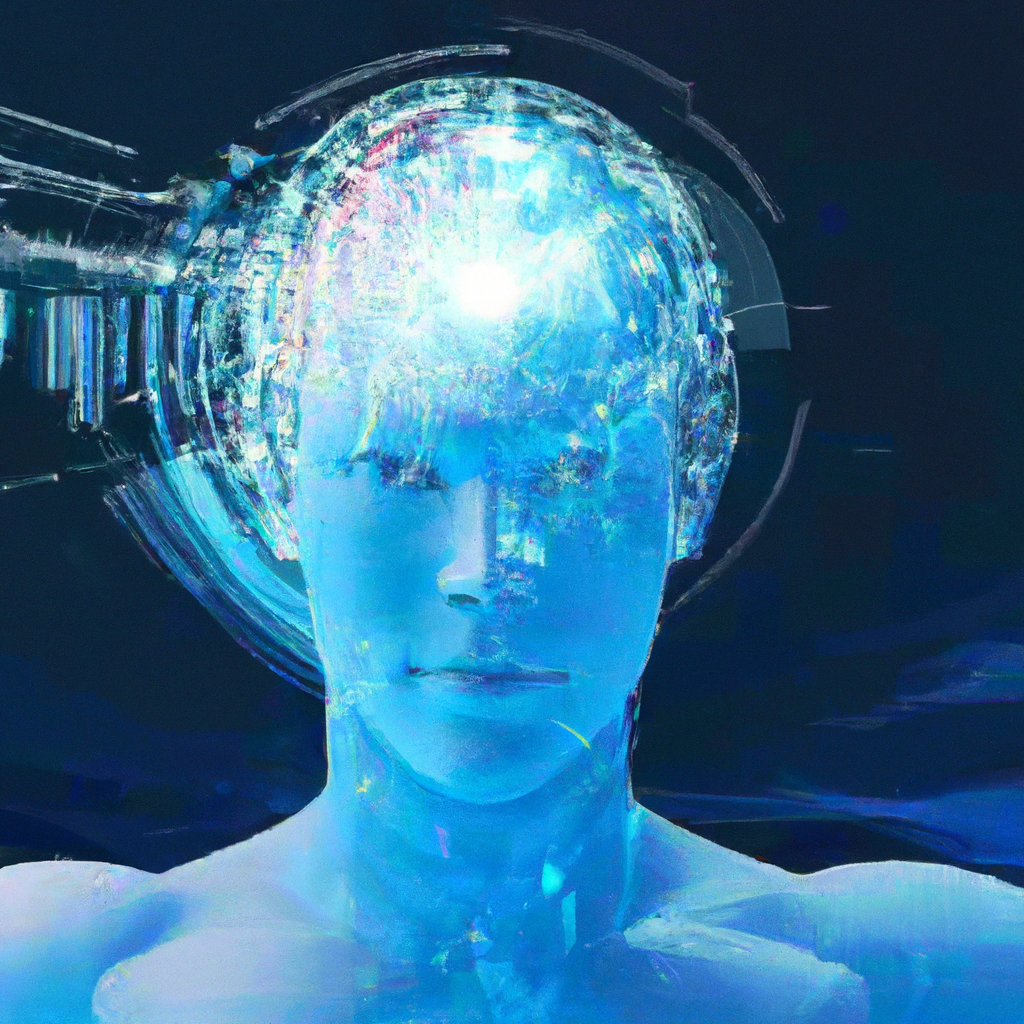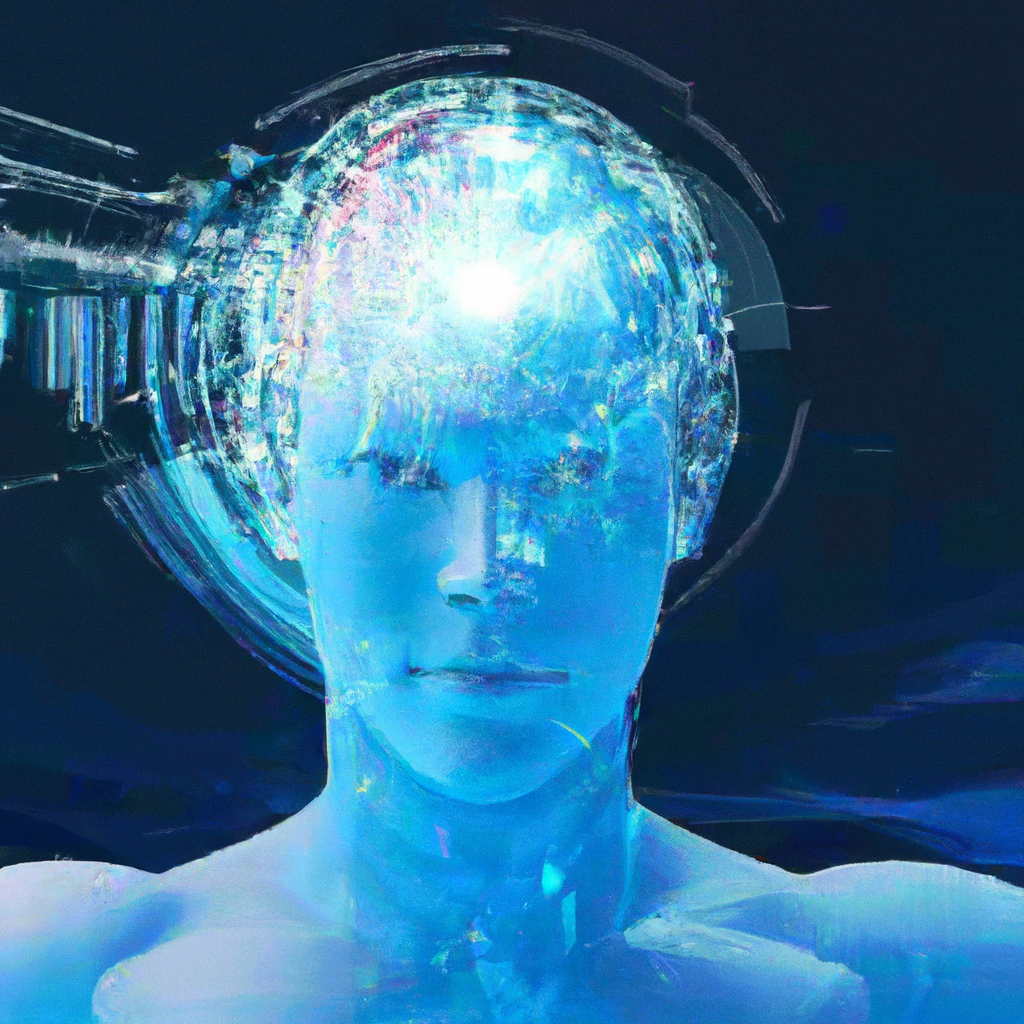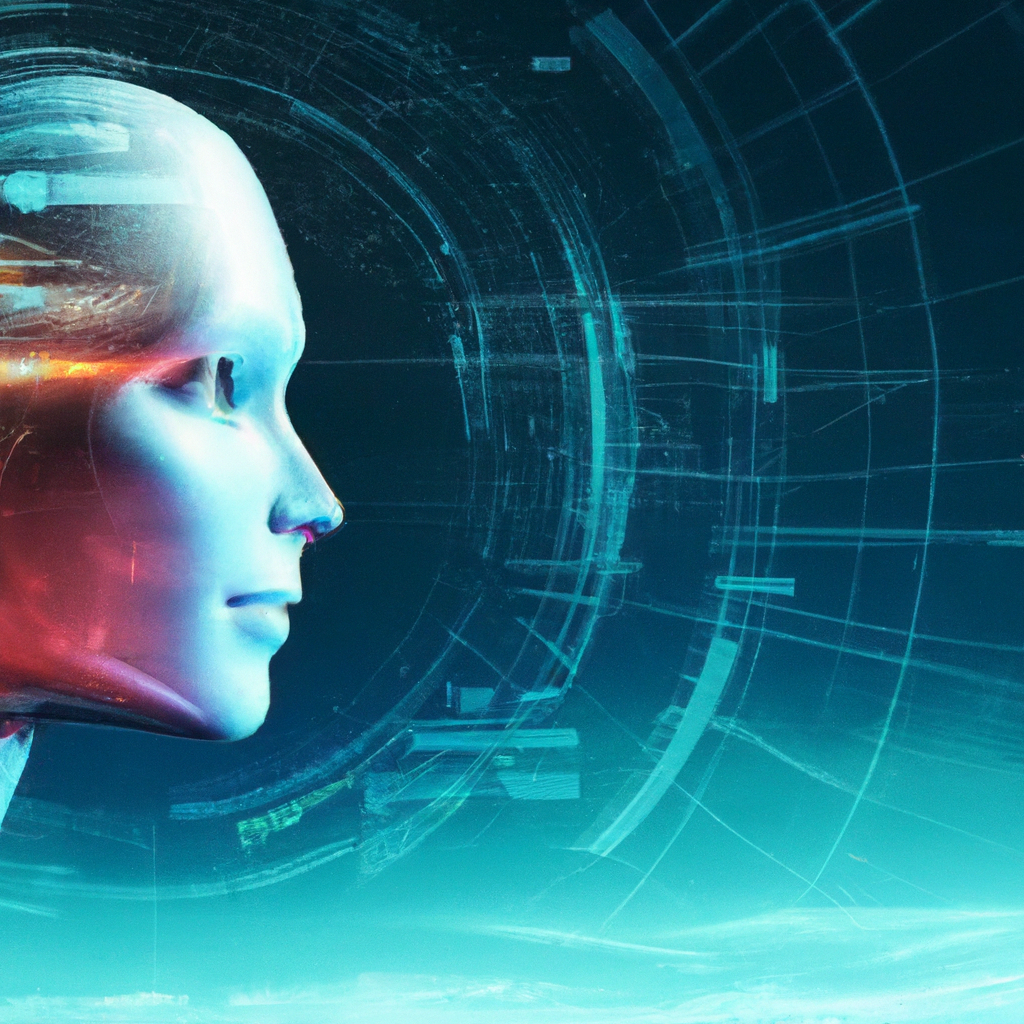The 10 Most Important AI Trends To Watch In 2023

With the rapid advancements in technology, the field of Artificial Intelligence (AI) is constantly evolving. As we enter the year 2023, there are 10 key AI trends that are set to reshape various industries and revolutionize the way we live and work. From the rise of explainable AI and the integration of AI into everyday devices to the increasing focus on AI ethics and the emergence of AI-powered healthcare solutions, this article delves into the remarkable developments that await us in the world of AI. Whether you’re a tech enthusiast or simply curious about the future, these AI trends are guaranteed to capture your attention and leave you excited for what’s to come. So fasten your seatbelts and prepare to embark on an exhilarating journey into the 10 most important AI trends to watch in 2023.

AI for personalized marketing
In the world of marketing, personalized advertising has become increasingly important in order to effectively reach and engage customers. With advancements in AI technology, businesses now have the ability to tailor their advertisements to individual customers, making their marketing efforts more targeted and effective.
AI-powered algorithms can analyze consumer data and behavior to understand individual preferences and interests. This allows companies to deliver personalized recommendations and content that are specifically tailored to each customer’s preferences. By understanding what a customer wants and needs, businesses can create a more personalized and relevant experience, ultimately increasing customer satisfaction and engagement.
Furthermore, AI technology also enables enhanced customer segmentation. Instead of relying on broad demographic data, businesses can now provide more detailed and accurate customer segmentation using AI algorithms. This allows marketers to target specific customer groups with highly relevant and personalized content, improving the effectiveness of their marketing campaigns.
Ethical AI and responsible AI development
As AI technology continues to advance, it is crucial to ensure that it is developed and used ethically and responsibly. Transparency and accountability are key factors in building trust in AI systems.
To achieve this, it is important to ensure transparency in AI algorithms. This means making the decision-making process of AI systems understandable and explainable. By providing clear explanations for how AI algorithms reach their conclusions, companies and developers can build trust with users and stakeholders.
Another important aspect of ethical AI is addressing bias and fairness in AI systems. Since AI algorithms learn from data, there is a risk of perpetuating biases present in the data. It is essential to actively identify and mitigate these biases to ensure fair and unbiased outcomes.
In addition, implementing ethical frameworks for AI development is crucial. These frameworks help guide the development and use of AI technology in a responsible manner, taking into account potential societal impacts and ensuring that AI is used for the greater good.
AI-powered healthcare
AI technology has the potential to revolutionize the healthcare industry, facilitating more accurate diagnoses, personalized treatment plans, and improved patient care overall.
One major application of AI in healthcare is predictive analytics for early disease detection. By analyzing large amounts of patient data, AI algorithms can identify patterns and indicators that may signal the early onset of diseases such as cancer or heart disease. This early detection allows for timely intervention and treatment, significantly improving patient outcomes.
AI technology also plays a crucial role in improving diagnosis accuracy. By leveraging machine learning algorithms, doctors can access vast amounts of medical knowledge and data, enabling more accurate diagnoses. AI can also assist in the development of personalized treatment plans, taking into account individual patient characteristics and medical history to optimize treatment outcomes.
Additionally, AI-enabled telemedicine and remote patient monitoring are transforming the way healthcare is delivered. With AI-powered systems, patients can receive care and monitor their health remotely, reducing the need for in-person visits and improving access to healthcare services.
Autonomous vehicles and AI transportation
Autonomous vehicles are becoming increasingly prevalent, and AI technology is at the core of their operation. Advancements in AI algorithms and sensor technology enable vehicles to perceive and navigate their environment, improving safety and efficiency on the roads.
With AI-assisted traffic management and optimization, transportation systems can become more efficient and reduce congestion. AI algorithms can analyze traffic patterns in real-time, optimizing traffic flow and reducing travel time for individuals. This not only improves the overall transportation experience but also reduces fuel consumption and emissions, contributing to a more sustainable future.
Furthermore, smart transportation systems that utilize AI technology benefit both the public and private sectors. With AI-powered logistics and fleet management systems, companies can optimize their delivery routes, reducing costs and improving efficiency. Public transportation systems can also benefit from AI algorithms that adjust routes and schedules based on real-time data, improving service reliability and customer satisfaction.

Natural language processing and conversational AI
Natural language processing (NLP) and conversational AI have made significant advancements in recent years. These technologies enable machines to understand and respond to human language, opening up a wide range of possibilities.
Enhanced voice assistants and chatbots are becoming increasingly sophisticated, allowing for more natural and seamless interactions. AI-powered voice assistants like Siri and Alexa can understand and respond to human voice commands, making it easier for individuals to access information and perform tasks. Similarly, chatbots are being used in customer service and support, providing quick and accurate responses to customer inquiries.
Real-time language translation and interpretation are also made possible by NLP and AI. With AI algorithms that can process and understand multiple languages, language barriers can be overcome. This has huge implications for communication and collaboration on a global scale.
AI in cybersecurity
As cyber threats become more sophisticated, AI technology is being utilized to strengthen cybersecurity defenses. AI-based threat detection and prevention systems can analyze vast amounts of data to identify potential security breaches and anomalies, alerting organizations in real-time.
Automated vulnerability assessment and patching are crucial components of AI-powered cybersecurity. By constantly scanning systems and applications for vulnerabilities, AI algorithms can proactively identify and fix weaknesses, reducing the risk of attacks.
Another innovative application of AI in cybersecurity is behavioral biometrics for user authentication. By analyzing user behavior patterns, AI algorithms can determine whether a user is legitimate or potentially malicious. This allows for more secure and reliable user authentication, protecting sensitive data and systems.

AI for sustainable development and climate change
AI technology is also being leveraged to address some of the most pressing global challenges, including sustainable development and climate change.
AI-enabled energy management and optimization systems help maximize energy efficiency by analyzing energy consumption patterns and identifying areas for improvement. By optimizing energy usage, businesses and organizations can reduce their carbon footprint and contribute to a more sustainable future.
Climate modeling and prediction are also made possible by AI algorithms. By analyzing historical climate data and other relevant factors, AI can assist in predicting weather patterns and potential climate changes. This information is invaluable for policymakers, enabling them to make informed decisions to mitigate the impacts of climate change.
Furthermore, AI technology can facilitate the integration of renewable energy sources into existing power grids. Through AI algorithms that optimize the distribution of energy from various sources, smart grid technology can ensure efficient utilization of renewable energy, reducing reliance on fossil fuels.
Edge AI and Internet of Things (IoT)
Edge AI refers to the practice of processing AI algorithms locally on devices rather than relying on cloud-based processing. This has several advantages, including real-time AI processing and enhanced data privacy and security.
By processing AI algorithms locally on IoT devices, real-time insights and responses can be achieved. This is particularly useful in scenarios where immediate action is required, such as autonomous vehicles or industrial automation. Edge computing allows AI algorithms to be deployed closer to the source of data generation, reducing latency and enabling faster decision-making.
Furthermore, edge AI offers enhanced data privacy and security. By processing data locally on IoT devices, sensitive information does not need to be transmitted to the cloud for processing. This reduces the risk of data breaches and ensures that user data remains secure and private.
AI-powered IoT devices are transforming the way we interact with technology. From smart homes to smart cities, IoT devices equipped with AI capabilities can automate routine tasks, improve energy efficiency, and enhance overall quality of life.

AI in finance and banking
The financial industry has embraced AI technology to improve various aspects of its operations, including fraud detection, personalized financial advice, and algorithmic trading.
AI-based fraud detection and prevention systems can analyze vast amounts of financial data to identify patterns and anomalies that may indicate fraudulent activities. By continuously monitoring transactions and user behavior, AI algorithms can spot potential fraud in real-time, reducing financial losses for individuals and organizations.
Algorithmic trading, driven by AI algorithms, has revolutionized the financial markets. AI-powered trading systems can analyze market trends and patterns rapidly, making decisions and executing trades at speeds impossible for human traders. This allows for more precise and efficient portfolio management, maximizing returns for investors.
Moreover, AI technology enables personalized financial advice and virtual assistants. By analyzing individual financial data and goals, AI algorithms can provide tailored recommendations and guidance to individuals. Virtual assistants powered by AI can answer questions, provide updates on financial portfolios, and offer personalized insights and recommendations.
AI in education
From personalized learning to automated grading, AI technology is transforming the field of education and enhancing the learning experience for students.
Intelligent tutoring systems powered by AI algorithms can adapt to individual learning styles and pace, providing personalized instruction and feedback. These systems can analyze student performance data to identify areas of weakness and tailor instruction accordingly, improving learning outcomes.
Automated grading is another application of AI in education. By using machine learning algorithms, educators can automate the grading process, saving time and providing more immediate feedback to students. AI-powered grading systems can provide consistent and objective evaluations, reducing the subjectivity often associated with manual grading.
Virtual classrooms and simulations enhanced with AI technology offer new and immersive learning experiences. With AI assistance, virtual classrooms can engage students in interactive activities, simulations, and problem-solving exercises. This allows for hands-on and experiential learning, enhancing student engagement and understanding.
In conclusion, AI technology is rapidly evolving and impacting various industries and fields. From personalized marketing to healthcare, transportation, and education, AI has the potential to revolutionize the way we live, work, and interact with technology. However, it is important to ensure that AI is developed and used responsibly and ethically, addressing issues such as transparency, bias, and privacy. By leveraging the power of AI, we can unlock new possibilities and create a more efficient, sustainable, and inclusive future.
Want to write articles like us? Get your copy of AI WiseMind here!






